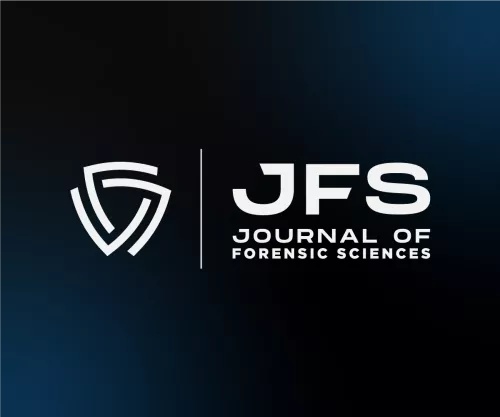Journal of Forensic Sciences Announces “Special Section on Fentanyl and its Analogs in Forensic Science”

I am pleased to announce that the Journal of Forensic Sciences (JFS) September 2023 issue will include a "Special Section on Fentanyl and its Analogs in Forensic Science," which I believe will be of great interest to the JFS readership. Without question, certainly in the USA, the deaths caused by fentanyl and other synthetic opioids are a major public health challenge. Forensic science must play its part in supplying information to policy makers reacting to the trends that are seen in the use of these drugs, as well as work with the public health and addiction medicine communities to overcome the drugs' impact on society. We hope that the papers included in the Special Section offer information to achieve these goals.
Although the Special Section on Fentanyl and its Analogs focuses primarily on the current epidemic in the US, other countries and regions have similar issues with other drugs, especially methamphetamine, other amphetamine derivatives, and cocaine. The challenges that the US faces with drug use are also faced by people in Europe, the Middle East, South America, and other parts of the globe.
As an example of the broad impact of the fentanyl epidemic, a recent issue of the Economist focused on "Drugs in America" and included the following articles: How dangerous is tranq, the new drug sweeping America?, Fentanyl is spreading the opioid crisis into America's big cities, Horrifying numbers of Americans will not make it to old age, and What to read to understand America's opioid epidemic. To quote from the opening lines of the last article:
"More than 600,000 Americans and Canadians have died of an opioid overdose since 1999. Modelling suggests that 1.2 million more could die by the end of this decade."
These are numbers of such magnitude that I am sure some readers of JFS have faced personal challenges with drug abuse in their families, and one of our roles as forensic scientists is to help these families in any way that we can. As an example, one of the articles in the Special Section by Harruff et al proposes new processes to rapidly provide cause of death information to grieving families. Hopefully these new processes assist families in their recovery.
The papers that are published in the Special Section spread across the disciplines of JFS – Criminalistics, Digital & Multimedia Sciences, Pathology/Biology, and Toxicology. Many authors, reviewers, and JFS Associate Editors contributed to the effort represented in the Special Section. These contributors represent a small cross section of the forensic science community dealing with this opioid epidemic, and I would like to thank everyone for contributing to this fight.
The views and opinions expressed in the articles contained in the Academy News are those of the identified authors and do not necessarily reflect the official policy or position of the Academy.